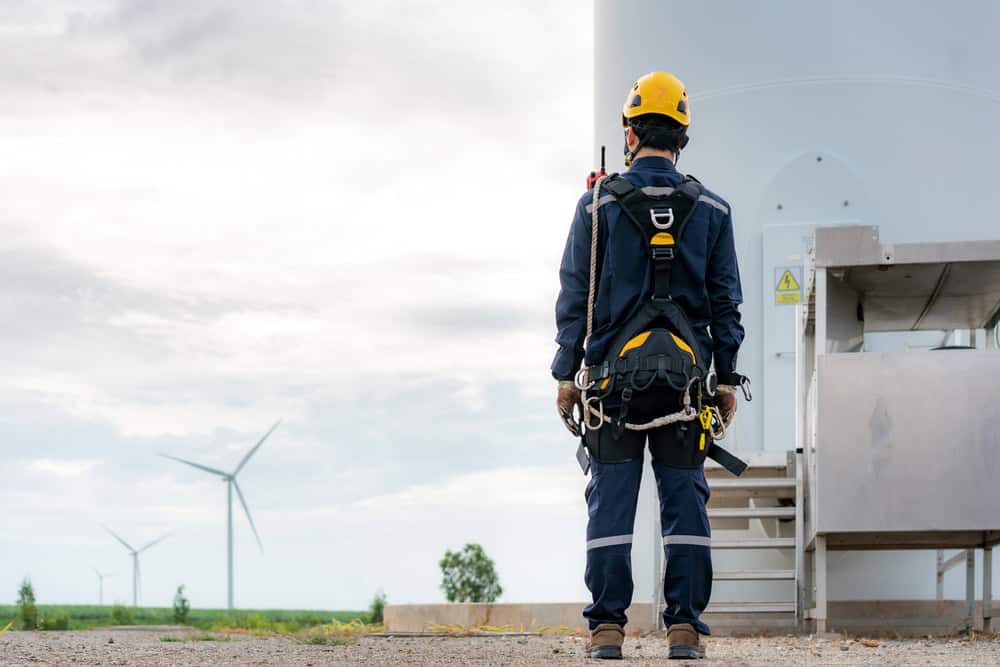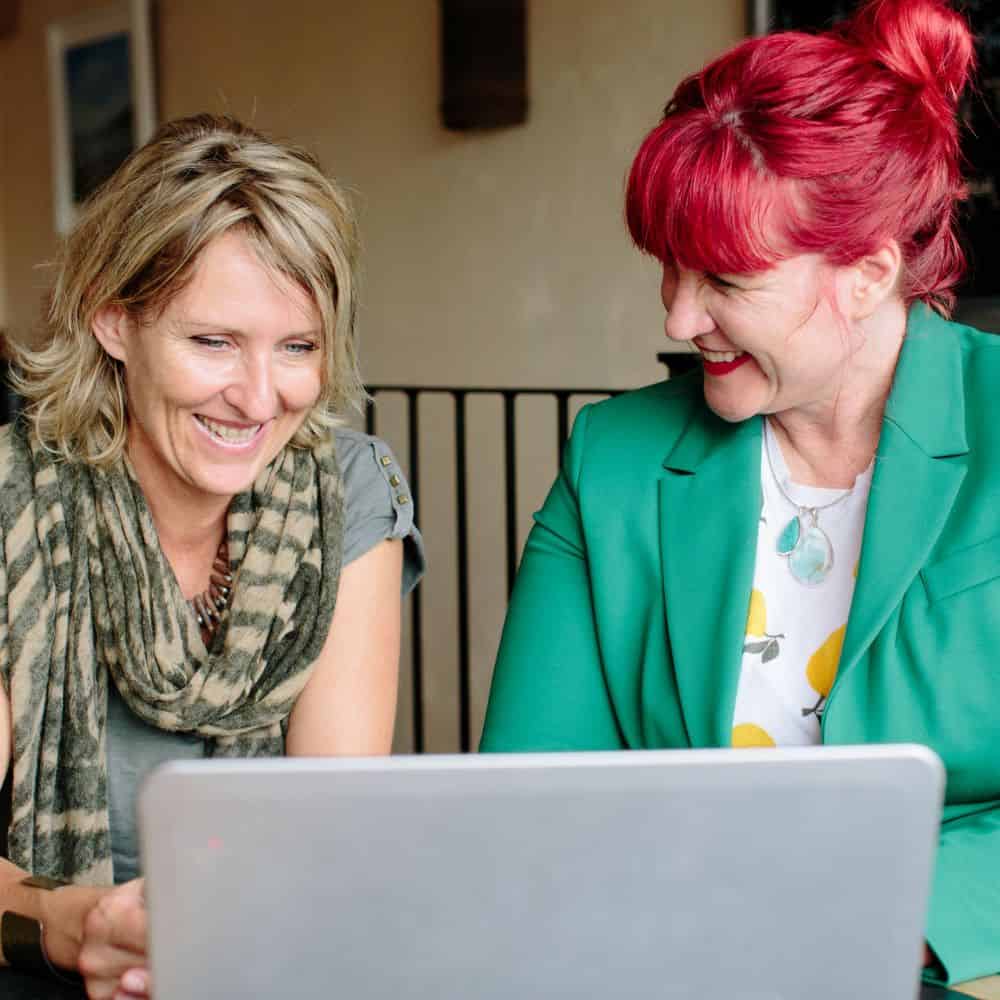Traci Lewis is an author focused on empowering young changemakers. In this blog, she talks about her career journey, as well as the learnings from writing her book, Your Green Career.
Traci Lewis has been working in sustainability for over 25 years. She is now a Green Career Coach, Social Enterprise Consultant, and co-founder of Catalyse Change CIC, which delivers sustainability empowerment and green career programmes. She has recently published a book, ‘Your Green Career; the handbook for young women and non-binary changemakers.’ She lives on a houseboat between the beautiful cities of Bristol and Bath in South West England.
Why is a passion for green careers so important?
We are in a climate emergency, and every job should now be a green or climate job. We need everyone inspired and equipped to use their unique skills and talents to deliver solutions.
The good news is that anyone can work in sustainability. You don’t need to be a scientist or have technical skills or qualifications. You just need to believe you can do something about society’s biggest challenges.
How did you get into this space?
I started my green career at the Soil Association – an organic food and farming charity and certification body – where I worked for 18 years. I am so relieved that I have been able to lead a purpose-led career from the outset – it makes all the hard work so much more worthwhile.
I started supporting organic food producers and processors to achieve organic status and market their produce during the organics boom in the late 1990s, so we expanded quickly. It was a challenging and exciting time to be there.
I was involved in innovative programmes around South West England, supporting sustainable and local food systems. For example, I managed the Organic South West £2 million market development programme in Cornwall and established one of the first Sustainable Food City programmes in Plymouth.
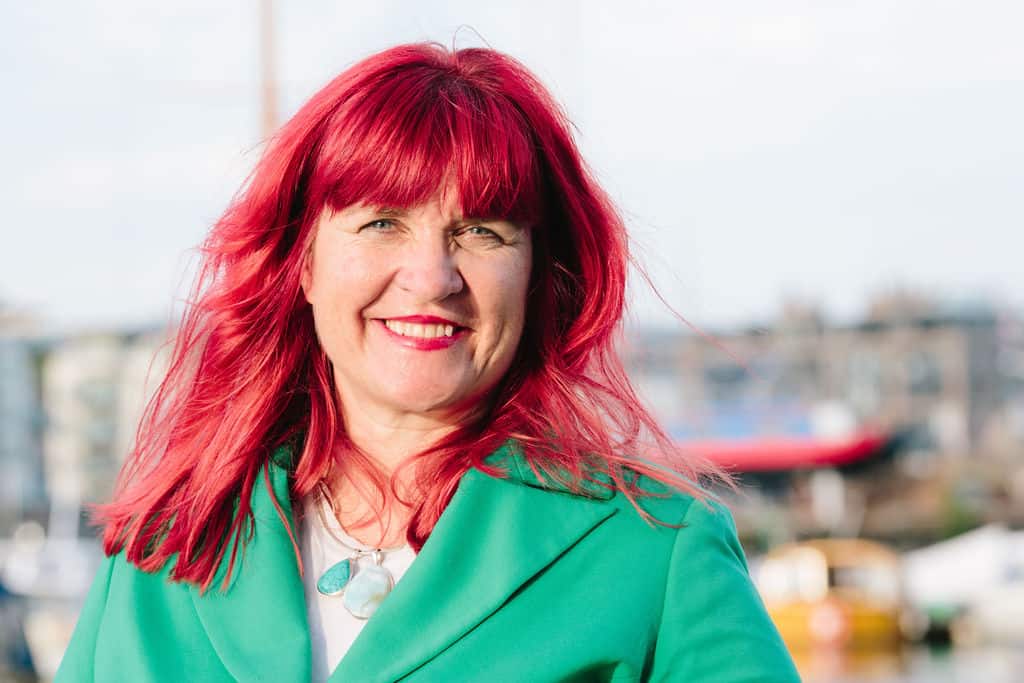
How did your move towards women’s empowerment develop?
About ten years ago, I had a calling to focus on female empowerment. I started to develop my skills and experience working with young people as a Trustee for a youth charity and as a volunteer social enterprise business adviser in schools.
I started talking to women in my networks, exploring how we could create a safe space to connect young women with like-minded peers and mentors. We were looking to support women who want to work in the climate and social impact space, guiding them as role models and advocates, to help amplify their potential and progress.
Catalyse Change was the result; a social enterprise that provides young women and non-binary changemakers with the inspiration, knowledge, skills, and networks to pursue sustainability careers. We have had transformational results around confidence, educational aspirations, and career outcomes.
I wrote the book to share our work with a broader audience and to inspire and empower more young changemakers. We also need more partners and sponsors to work with us; otherwise, we won’t be able to continue much longer. Get in touch if you’re interested!
During the writing process, three key insights stood out for me:
1. Gender inequity is still a current issue:
Some people ask why we only focus on women and non-binary changemakers. I could say a lot about issues such as unconscious bias, the confidence gap, and the impacts of casual sexism. Also, there is a lot of evidence to say that when women lead – or at least where they are equally represented – better policies, treaties, and decisions are made for environmental protection and social justice. At the recent IEMA conference, I heard these sobering gender pay gap stats from Leanne Linacre of Lead5050; by the age of 65, a woman has earned £395K less than a man and has done more than £200K of unpaid labour, while men retire with five times bigger pension pots. This demonstrates why women need specific help with empowerment, confidence, and mentoring support on their career journeys.
2. Transferable skills are vital:
Green skills are an increasingly important growth area, of which transferable skills are a key component. It was interesting to connect the dots with concepts such as the Inner Development Goals, IEMA’s sustainability skills map, and ‘skills of the future’, which all recognise that sustainability is complex and multi-disciplinary. Communication, empathy, teamwork, creativity, and collaboration are critical to our success in sustainability. These are areas where women often excel. This is one more reason we need diverse and equal representation to lead a green and just transition.
3. Sustainability means social justice too:
I am inspired by the clarity and courage of young climate activists’ call for system change. Capitalism and patriarchy are the structures that have created this climate emergency, and we cannot solve it until we have climate and social justice. I am energised by young activists such as Clover Hogan, Mikaela Loach, Tori Tsui, Daze Aghaji, Katie Hodgetts, and Mya-Rose Craig – they are so intelligent, inspiring, and authentic – along with all the young women we work with at Catalyse Change. We have a big job to do. Collaboration, community, and learning from each other is crucial.
How can we find out more?
Traci’s book ‘Your Green Career’ is available to buy in paperback and in Kindle edition. All proceeds go towards Catalyse Change’s sustainability empowerment and green careers programme.
For any queries, contact Traci at:
Image credit (right): Ursula Billington
This is a guest blog written by Traci Lewis for the Green Careers Hub.
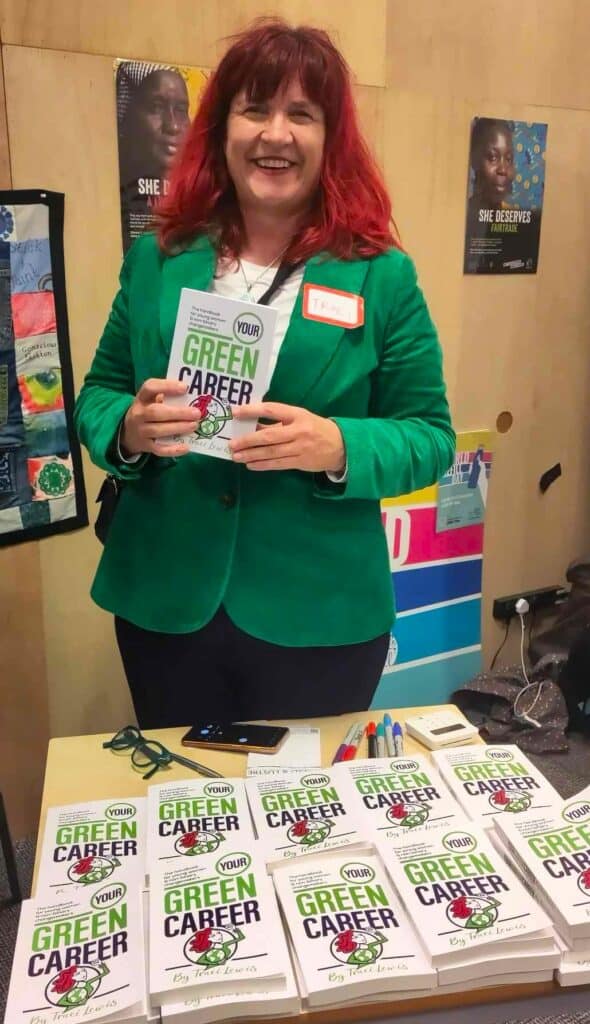
Related articles

How to build a sustainability team that delivers
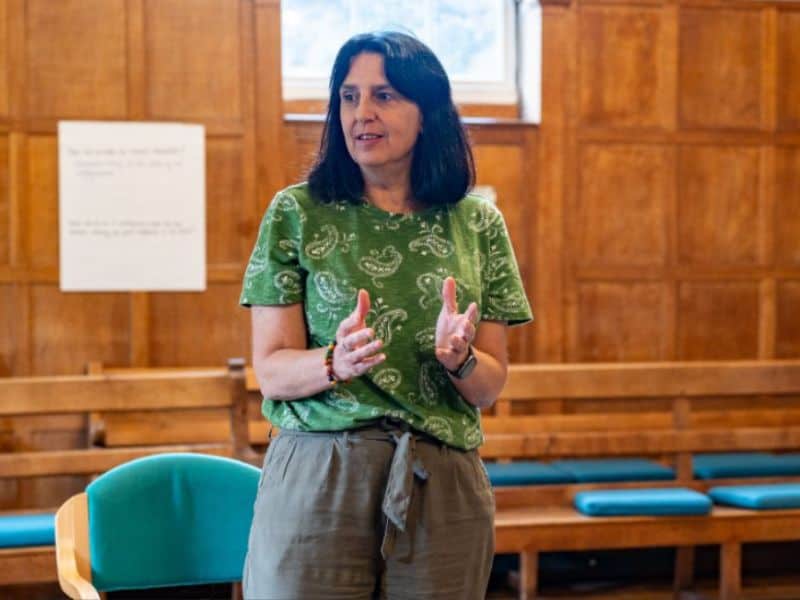
Transferable skills: essential sustainability competencies to master
